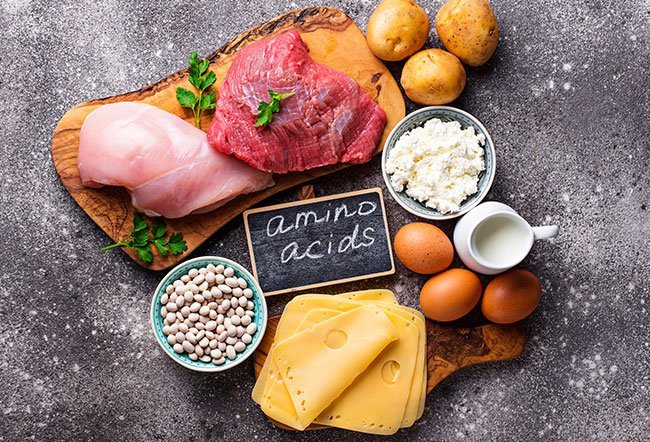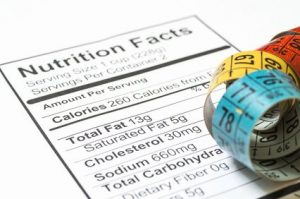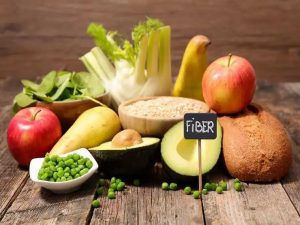Amino acids play a vital role in the numerous functions of the body; they are the building block of protein. Twenty amino acids are needed by the body to build various proteins used in the repair, growth, and maintenance of body tissues. Some of these amino acids can be manufactured by the body itself and are called non-essential amino acids, while others must come from the diet and are called essential amino acids.
These classification of the amino acid whether essential or non-essential does not reflect its importance because all of the twenty amino acids are very important for health, instead this classification system is just a reflection of whether the body is capable or not of producing a particular amino acid.
All these amino acids keep us vibrant, alive, and healthy. Any deficiency in a single amino acid will cause health problems for us; a single deficiency should be replaced to fulfill its functions.
The eight essential amino acids which can be produced by the body are as follows:
1. Lysine
This is one of the eight essential amino acids that is needed for the growth and the maintenance of nitrogen balance in the body. It is integrated into many proteins throughout the body and appears to help the body absorb and conserve calcium. Lysine can be found in
- Meat, specifically red meat, pork, and poultry.
- Cheese.
- Cod and sardines.
- Eggs.
- Soybeans, particularly tofu, isolated soy protein, and defatted soybean flour.
- Spirulina.
2. Methionine
This amino acid supplies sulphur and other compounds that the body needs for normal metabolism and growth. This is also one of the eight essential amino acids that belongs to a group of compounds called lipotropics or chemicals that help the liver process fats. Methione can be found in:
- Eggs
- Meat
- Fish
- Sesame seeds,
- Brazil nuts, and some other plant seeds; and cereal grains.
3. Phenylalanine
This one of the eight essential amino acids that serves as a building block for the variety of proteins that are manufactured by the body, and can be converted to L-tyrosine and subsequently to L-dopa, epinephrine, and norepinephrine. Phenylalanine is found in most protein-containing foods such as:
- Milk
- Eggs
- Cheese
- Nuts
- Soybeans
- Chicken, beef and pork
- Beans
- Fish
4. Tryptophan
This amino acid is a natural relaxant that helps ease insomnia by inducing normal sleep. It reduces anxiety and depression, helps in the cure of migraine headaches, helps reduce the risk of artery and heart spasms, helps the immune system, and works with Lysine to reduce cholesterol levels. It also aids in the production of antibodies and can be converted into Glycine.
- Cheese
- Chicken
- Egg whites
- Fish
- Milk
- Sunflower seeds
- Peanuts
- Pumpkin seeds
5. Histidine
Histidine is one of the eight essential amino acids that are found in high concentrations in hemoglobin. It is very useful in treating anemia due to its relationship to hemoglobin. It has been used to treat rheumatoid arthritis and has also been linked to allergic response and has been used to treat allergy. It also assists in maintaining proper blood pH.
Histidine can be found in:
- Meat – such as poultry
- Fish
- Nuts
- Seeds, and whole grains
6. Isoleucine and Leucine
This essential amino acid is one of the three major Branched-Chain Amino Acids (BCAA), which are involved with muscle strength, muscle stamina, and endurance. Isoleucine is used by the muscle tissues as an energy source. It is also required in the formation of hemoglobin. It is a potent stimulator of insulin and helps in bone healing. It also promotes skin healing and modulates the release of Enkephalins, which are natural pain-reducers.
Isoleucine is found in:
- Meat – such as poultry
- Dairy
- Soy
- Beans
- Legumes
- Cheese
- Eggs
While Phenylalanine is in:
- Dairy
- Meat : poultry
- Soy
- Fish
- Beans, and nuts
7. Valine
This amino acid is one of the three major Branched-Chain Amino Acids. BCAA levels are significantly decreased by insulin. Intake of high dietary sugar or glucose causes the release of insulin which in turn causes a drop in BCAA levels. This amino acid competes with Tyrosine and Tryptophan in crossing the blood-brain barrier. This amino acid is also actively absorbed and used directly by the muscle as an energy source.
Valine is found mainly in protein food sources such as:
- Meats
- Fish
- Soy
- Dairy
- Whole grains
8. Threonine
As one of the eight essential amino acids, this amino acid is required for the formation of collagen and helps prevent fatty deposits in the liver. It aids in the production of antibodies and can be converted to Glycine in the central nervous system. It also acts as a detoxifier and is needed by the gastrointestinal tract for normal functioning.
Threonine can be found in:
- Lamb
- Lean beef
- Pork
- Cheese
- Sunflower seeds and flaxseeds
- Cashews, almonds, lentils, and pistachios.







Be First to Comment